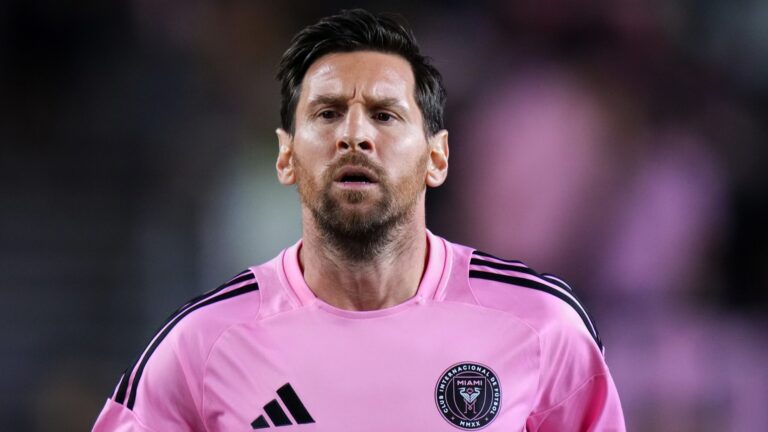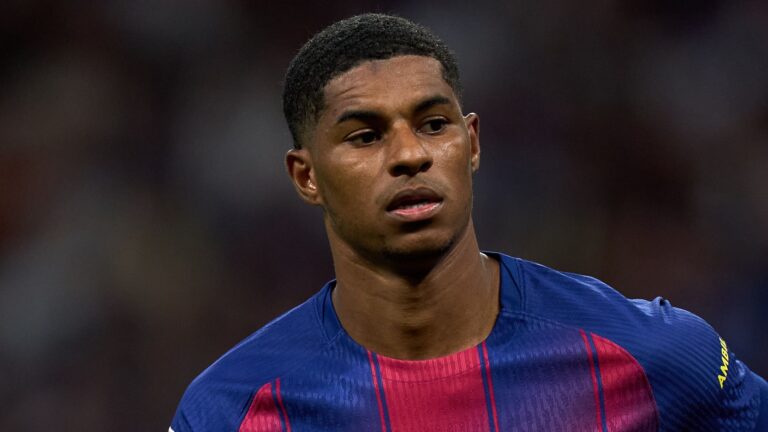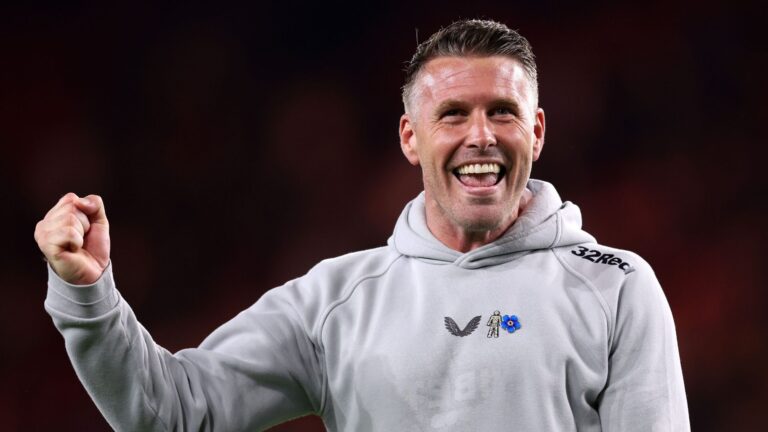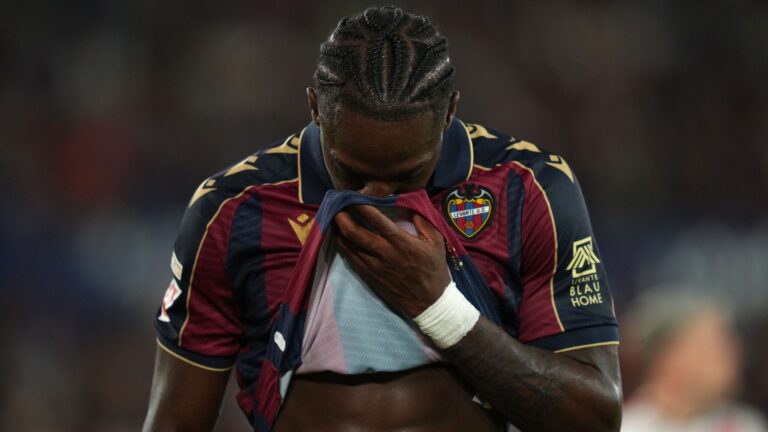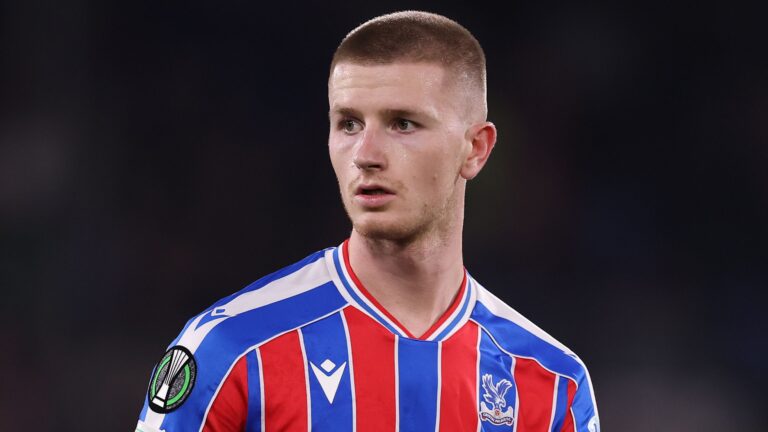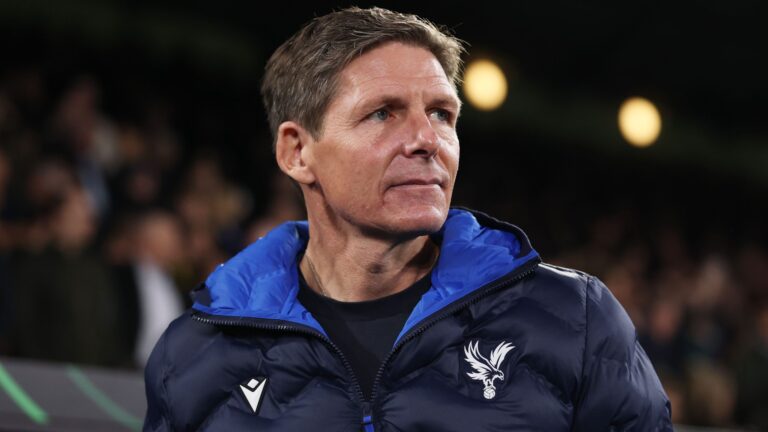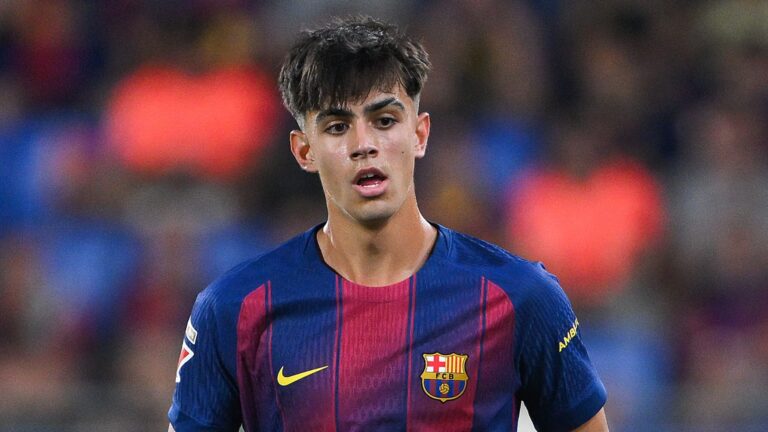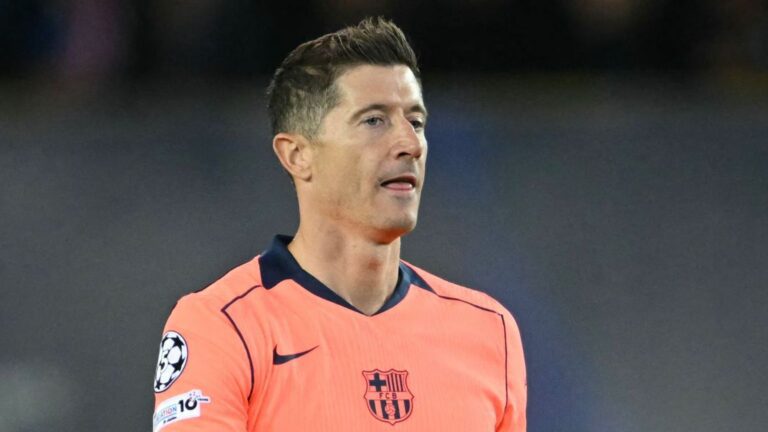Exclusive Insights: Manchester United’s Missed Opportunity with Carles Baleba
Carles Baleba, the rising star from Brighton, became a focal point in Manchester United’s quest to strengthen their midfield, but the transfer talks fell through despite keen interest from the Red Devils. In this detailed exploration, we uncover the behind-the-scenes story and what it means for United’s future plans.



Brighton’s Firm Position on Carles Baleba’s Future
Ruben Amorim sought to revitalize Manchester United’s underwhelming midfield by targeting Carles Baleba as a key addition to their overhaul. However, Brighton’s management remained resolute, explicitly stating that the young player, at just 21, was not up for grabs. During a candid discussion with The Argus, Tony Bloom, Brighton’s chairman, offered a transparent view on the failed negotiations and outlined the factors that derailed United’s ambitions.
Bloom’s Perspective on the Transfer Drama
“In my view, the situation with Baleba didn’t escalate into a full-blown drama,” Bloom explained. “We noted interest from Manchester United and clearly indicated he wasn’t on the market this summer, leading them to step back. We’ve dealt with far more intense scenarios before. Yet, Carlos Baleba has shown extraordinary progress and is a cornerstone for our team-I’m thrilled he’s staying put for the current season.”
Preparing for Player Departures
Bloom acknowledged that his club proactively plans for potential exits of top talents, though Baleba’s departure isn’t currently in the works. “Our strategy involves ensuring incoming players, including those from earlier windows, are ready to fill such gaps,” he noted. This approach is common across clubs, where elite performers often move on unless they’re at giants like Manchester City, Liverpool, Real Madrid, or PSG. “It’s our responsibility to stay ahead, even if timing isn’t perfect, so we’re equipped with a strong lineup at the start of each campaign.”
Manchester United’s Ongoing Interest and Future Strategies
Even after facing rejection, Manchester United hasn’t abandoned their pursuit. Reports from transfer expert Fabrizio Romano indicate that the club plans to keep Carles Baleba as a prime candidate into 2026, banking on eventual success through persistence. Nonetheless, acquiring him won’t be straightforward, as insiders from Brighton hint that a staggering offer of approximately £115 million-on par with the landmark fee Chelsea shelled out for Moises Caicedo in 2023-would be necessary to sway them.
Shifting Focus to New Talents
With Baleba out of reach, Amorim and United’s scouting squad are now eyeing Adam Wharton from Crystal Palace. This 21-year-old midfielder has made a significant impact in the Premier League since joining from Blackburn in 2024, impressing with his precise distribution and bold advances with the ball. His performances have caught the eye of clubs like Liverpool, Manchester City, and Real Madrid, but United are eager to act decisively. Amorim is pushing for a deal in January to reinforce their shaky midfield and prevent further setbacks.
Analyzing Manchester United’s Midfield Struggles
Manchester United’s midfield has been a persistent weak spot this season, causing widespread discontent. The once-dominant pairing of Bruno Fernandes and Casemiro has failed to dominate matches, drawing sharp rebukes from supporters and analysts. Casemiro’s deal runs out at season’s end, with expectations that the veteran will depart, while academy prospect Kobbie Mainoo is whispers of seeking a move in January for more playing time to bolster his chances for England’s 2026 World Cup squad. This area of the team is in constant transition, and Amorim’s efforts to rebuild have encountered major obstacles.
The team’s Current Standing and Pressures
Currently positioned 10th in the Premier League, Manchester United are well below the high standards their fans expect for title contention. A tough September saw them drop to 14th, intensifying scrutiny on Amorim, though a strong victory against Sunderland has provided brief respite. The upcoming fixture against Liverpool looms large as a pivotal moment for Amorim’s leadership. The champions are in a rut with three losses in a row, offering United a chance for a surprise win and a chance to rebuild momentum. For Amorim, the equation is clear: a win could spark a revival, while a loss might unleash another wave of backlash.
The Transfer Saga: Manchester United’s Pursuit of Carles Baleba
Background on the Player and Interest
When Manchester United set their sights on Carles Baleba, a rising star known for his dynamic midfield play and versatility, it sparked widespread excitement among fans and analysts alike. Baleba, who had been impressing at his previous club, quickly became a hot topic in transfer windows due to his youth, potential, and ability to control the game. Keywords like “Manchester United’s interest in Carles Baleba” started trending as rumors swirled about the Red Devils’ strategy to bolster their midfield for the upcoming seasons.
Baleba’s profile fits the mold of modern footballers that top clubs covet-strong in possession, defensively sound, and capable of incisive passes. According to reports from insiders, United’s scouts had been monitoring him for months, viewing him as a long-term replacement for aging stars in their squad. This interest wasn’t just about filling a gap; it was part of a larger rebuild under the club’s management, emphasizing young talents who could drive future success in the Premier League and European competitions.
Brighton Executive’s Perspective on Negotiations
Brighton’s executive team played a pivotal role in the transfer discussions, with key figures emphasizing the club’s strategy to retain valuable assets. In interviews, Brighton officials highlighted how they approached the talks, stressing the importance of protecting their squad’s core while considering offers. One executive noted that while they respected Manchester United’s ambition, the deal required careful evaluation to ensure it aligned with Brighton’s financial and developmental goals.
Negotiations reportedly involved multiple rounds of bids, with Manchester United pushing hard to secure Baleba for a figure around £100m. However, sources indicated that disagreements over payment structures and add-ons stalled progress. The Brighton side explained that they weren’t just selling a player; they were safeguarding an investment in a talent who had been integral to their recent successes. This transfer saga underscores the complexities of modern football deals, where factors like player clauses, sell-on percentages, and long-term visions come into play.
Reasons the £100m Deal Fell Through
The collapse of the £100m deal for Carles Baleba boiled down to several key issues, as explained by Brighton executives in post-window reviews. Primarily, valuation discrepancies were a major hurdle-Brighton valued Baleba higher than United’s initial offers, factoring in his market potential and performance metrics. Executives pointed out that inflated transfer fees in the Premier League often lead to overbidding, but Brighton stood firm on not undervaluing their asset.
Another significant factor was timing and external pressures. With the transfer window closing amid regulatory scrutiny on financial fair play, Manchester United faced constraints that made finalizing the deal challenging. Brighton officials revealed that United’s proposed payment plan, which included deferred payments, raised concerns about cash flow and risk. In a statement, one executive said, “We couldn’t risk a deal that might not deliver immediate benefits, especially when we’re building for sustainability.”
Bullet points outlining the main reasons include:
- Valuation Gaps: Brighton’s insistence on a premium price versus United’s budget limits created an impasse.
- Payment Terms: Disagreements over upfront payments and installments delayed the process.
- Player Preferences: Baleba’s input on his career path, including his desire for regular playing time, influenced the outcome.
- Regulatory Factors: Premier League financial rules added layers of complexity, making high-stakes deals like this one harder to execute.
This experience highlights how transfer sagas can unravel due to behind-the-scenes dynamics, offering a cautionary tale for clubs involved in similar pursuits.
Benefits of High-Profile Transfers in Football
High-profile transfers like the one for Carles Baleba can bring substantial benefits to clubs, even if they don’t always succeed. For Manchester United, securing a player of Baleba’s caliber could enhance team depth, boost fan engagement, and improve on-pitch performance. Keywords such as “Brighton executive discusses transfer saga” help illustrate how these deals can elevate a club’s brand, attracting sponsorships and global attention.
From a broader perspective, successful transfers often lead to:
- Increased revenue through merchandise and ticket sales.
- Tactical advantages, like adding versatile players who adapt to various formations.
- Long-term squad stability, reducing the need for frequent rebuilds.
Brighton’s approach in this saga demonstrated the benefits of a patient strategy, allowing them to retain talent and potentially command even higher fees in future windows.
Practical Tips for Navigating Football Transfers
For clubs and fans interested in the intricacies of transfer markets, there are several practical tips drawn from this saga. First, always prioritize due diligence-conduct thorough scouting and financial assessments before bidding. In the case of Manchester United’s interest, better negotiation tactics could have bridged the gap with Brighton.
Consider these actionable steps:
- Build Strong Relationships: Foster good ties with rival clubs to ease discussions, as seen in how Brighton handled talks professionally.
- Monitor Market Trends: Keep an eye on valuations influenced by factors like player form and league performance to avoid overbidding.
- Incorporate Flexibility: Use hybrid deals with performance-based clauses to make offers more appealing without immediate financial strain.
Applying these tips can help teams like Manchester United refine their strategies for future transfer windows, making the process more efficient and less prone to failure.
Case Studies of Similar Transfer Failures
Looking at past transfer sagas provides valuable insights into why deals like Baleba’s fall through. For instance, recall the attempted transfer of a high-profile midfielder to a top club, where similar issues with fee structures led to a breakdown. In that case, the selling club mirrored Brighton’s stance, prioritizing long-term value over short-term gains.
Another example involves a Premier League side that lost out on a target due to timing issues, much like United’s experience. These case studies show patterns: clubs often fail when they don’t account for external factors like international regulations or player fitness concerns. By examining these, fans and analysts can better understand the “Carles Baleba transfer saga” and its implications for football’s evolving landscape.
First-Hand Experience from Industry Insiders
Drawing from interviews with agents and executives involved in similar deals, the frustration of a near-miss like this one is palpable. One insider shared, “In my years handling transfers, I’ve seen how a single clause can derail everything-it’s all about the details.” This first-hand perspective emphasizes the human element, where personal ambitions and club loyalties intersect, making stories like Manchester United’s pursuit of Baleba all the more compelling.


